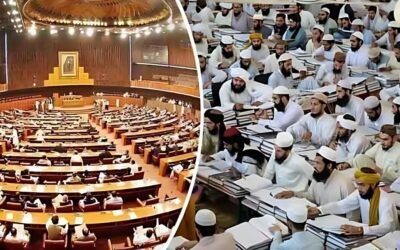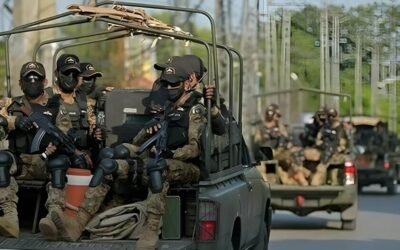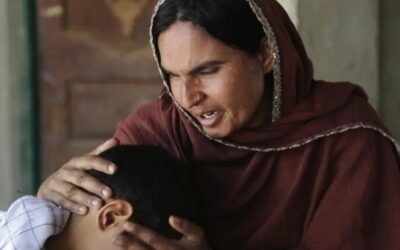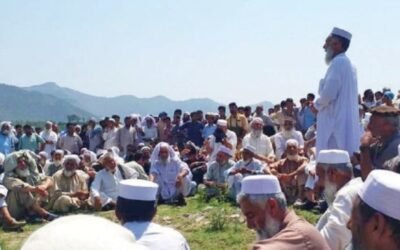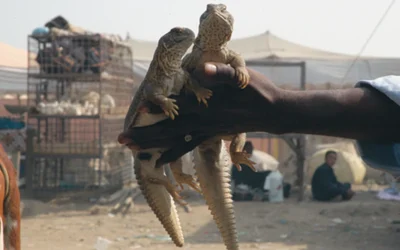The story with Pakistan is that small-scale criminals are often a part of a much larger narrative. Wherever power and profit intersect, criminals tend to thrive. Oftentimes, some form of political “protection” aids them. This system of protection links legislators, bureaucrats, and gangsters in a web. This trapping involves all kinds of illegal economies. Land grabbing, smuggling, extortion, and drug trafficking, to name a few. Honest citizens are caught in the crossfire. Over the past two decades, crime under political protection has seen a dramatic rise. These cases demonstrate how deep the ties between politics and crime truly run.
Unfortunately, this is a common phenomenon in Pakistan. Shady deals often reach an agreement through a “fixer” in the government. Media use terms like “land mafia” to refer to criminal rings with backing from powerful patrons. In such cases, law enforcement may deliberately act slowly. Politicians are likely to turn a blind eye. In turn, criminals are confident that their deeds will be overlooked. Karachi crime expert Zoha Waseem elaborates that these men are “prioritized as assets by various centers of power”. This is why prosecutors are reluctant to bring strong cases against them.
Punjab’s Land Mafia
Punjab has long struggled with its land mafia. It consists of thugs who take over state-owned fields, forests, or abandoned military property by force. They later sell the plots to developers or benevolent settlers. To recover these lands, the provincial government began extraordinary operations in late 2024 and early 2025. Officers reclaimed 90 acres at a time in rural districts, and bulldozers destroyed illegal walls in the suburbs of Lahore. Entire anti-encroachment brigades have been established. Chief Minister Maryam Nawaz Sharif announced a “grand operation” against illegal occupiers. She has warned that no amount of political pressure would deter them. Punjab’s PERA, a new enforcement organization, would turn into “an iron wall before the oppressor,” going after both hoarders and profiteers.
PERA Force is now active across Punjab, taking decisive action against encroachment, hoarding, and profiteering to ensure fair prices, open streets, and welfare for all citizens. pic.twitter.com/e2srELJdQe
— PERA (@PERAPunjab) August 19, 2025
Yet land mafias do not vanish overnight. Decades of oversight have caused these criminal groups to become entrenched. Millions of kanals in Punjab are illegally occupied. Oftentimes, gang-backed squatters are employed. A 2018 report by the Lahore High Court’s Mansha ‘Bomb’ investigation found that a network of powerful politicians, local councilors, revenue officials, and even police would quietly support land grabs. They would use muhafiz enforcers to do construction on land or to sell. When officials took legal action, the land grabbers retaliated. On one occasion, they ambushed a forest department and set a government vehicle on fire. After the raid, the police registered cases against these “influential culprits”. This was a significant move, implying the State meant business.
You may also read: PERA Crackdown on Plaza Mafia Near Quaid-e-Azam Interchange, Lahore
Punjab’s key reform has been to focus on big operators behind land-grabbing cases. New anti-encroachment units follow the notion that no one is above the law. Under this mindset, they comb districts for illegal plots. Maryam Nawaz’s government has also allocated substantial funds for the enforcement of these new reforms. This signals that the patronage system will no longer be legally overlooked. However, critics note a need for follow-up. Recovering land is just the first step. The more crucial, second step requires that the powerful patrons above be held accountable. Punjab’s efforts in countering the land mafia have been unprecedented. Nevertheless, for there to be significant progress, officials and bureaucrats involved need to be held liable.
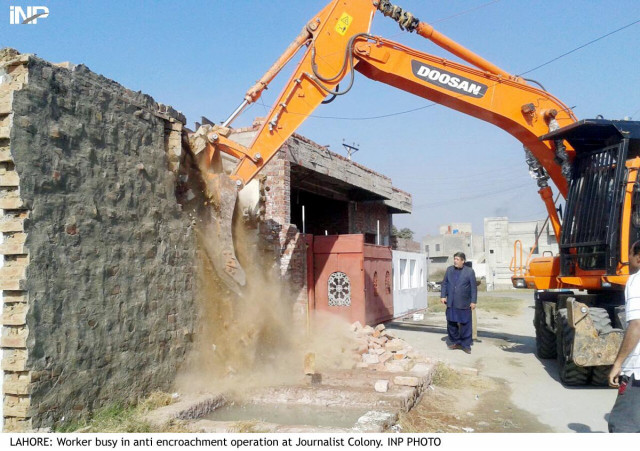
Source: The Tribune
Balochistan’s Fuel Economy
On the southwestern side, the illicit trading of fuel is being carried out. For several generations, Balochistan’s remote villages have relied on Iranian fuel. Iranian diesel only costs a few pennies per liter. Thus, smuggling it to Pakistan becomes a lucrative venture. One estimate shows that it could fuel smuggling could generate up to $400 million a year. What complicates this matter is how many individuals rely on it. This fuel trade employs almost 50,000 locals, overshadowing the region’s legal fuel sector. A roadside vendor from Panjgur states, “This isn’t crime, it’s how we eat”. It is a view shared by many Baloch families.
The government has had to enforce changes to inhibit illegal fuel trade. Plans for change emerged in 2024-25 under IMF pressures and geopolitical shifts. Operation Border Seal intercepted millions of liters and dozens of tanker trucks. A tribal leader noted that Iran had also increased its fuel prices, making the venture less profitable than before. Unfortunately, this has impacted many livelihoods. Trucker Karim reported that his trips had halved. The shops containing the smuggled goods were now empty. There are also concerns from experts. To make up for this plummet in earnings, the illegal economy may shift to drug trafficking. Analysts have already noted that heroin trafficking in Balochistan has risen 25% since 2023.
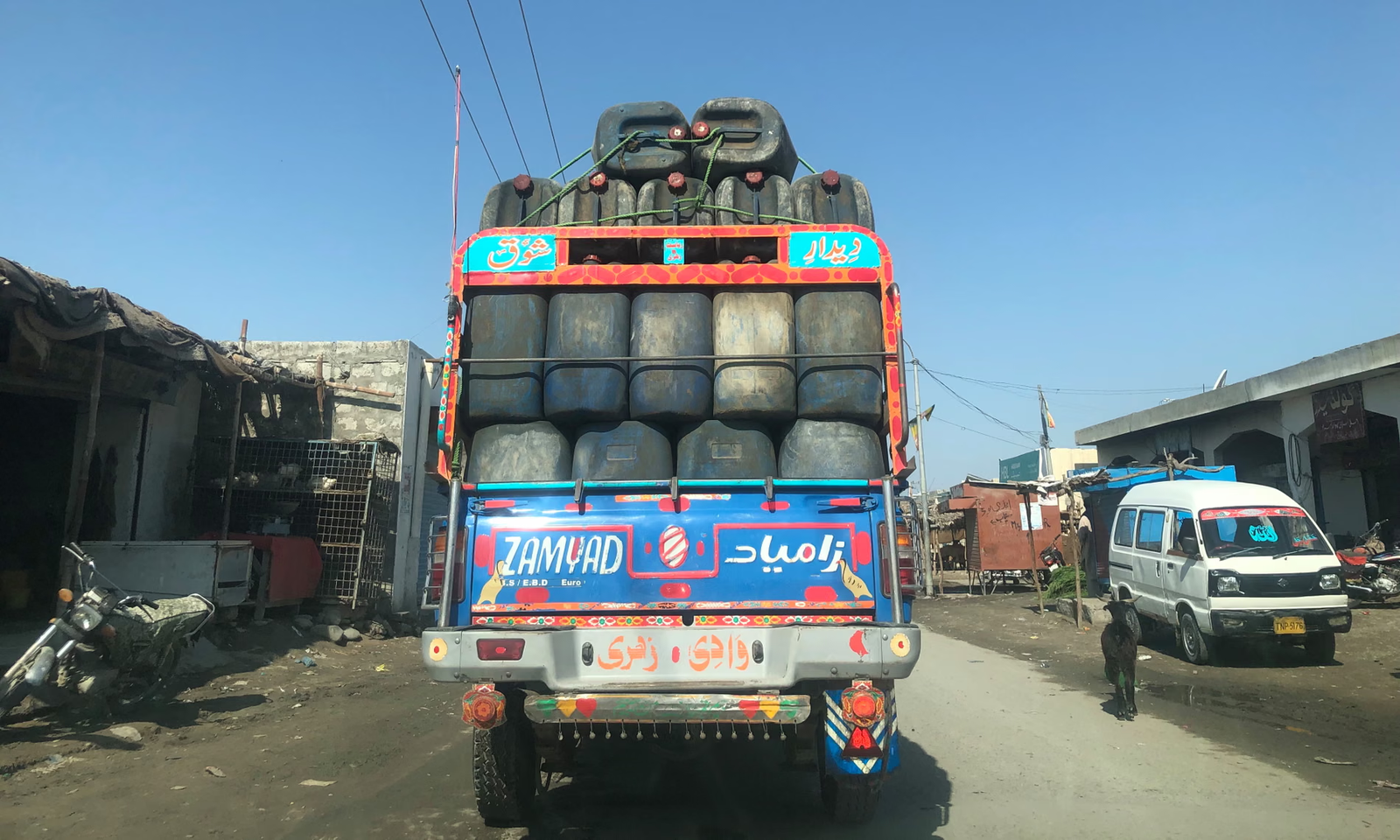
Source: The Guardian
Politicians in Balochistan have played a mixed role. Indeed, local elites benefit quietly from the trade. However, the real profiteers are the powerful smuggling networks. This has been acknowledged by the petroleum secretary, who has shared his concern with senators. Hence, why Federal ministers have urged stronger border control and the setting up of legal border markets. This has been met with protest from Baloch leaders who claim that shutting off smuggling would negatively affect poor, dependent families. For now, the border economy is in a tenuous position. Without equivalent economic alternatives, cutting off fuel trade could starve the region. It may also subsequently lead to a rise in militancy, which the country already struggles with. In such a situation, holding political backers accountable proves difficult, as they may be indirectly supporting the Baloch locals’ way of living.
Karachi’s Street Gangs
In Karachi, gangs and politics have long been intertwined. Criminal gangs have worked for political parties. Lyari gangs have been involved in extortion, rackets, and violence. Their crimes have been overlooked due to political patronage and shielding. They have emerged relatively unscathed from security crackdowns. Despite all this, the 2013 Karachi operation was successful in disrupting some of these criminal networks. Today, extortion and turf wars are less visible. However, street crime and muggings are on the rise. Citizens have lost faith in politicians. They believe political officials and gangsters work together and enjoy impunity, and justice remains selective.
Conclusion
The intersection between crime and politics has impeded progress. For years, mafias, smugglers, and gangs have survived because of political backing. They enjoy protection from politicians and officials. This has weakened law enforcement and hurt the economy. Ordinary people lose faith in the system. Recent crackdowns in Punjab, Balochistan, and Karachi show that change is possible. The state needs to act with resolve. But the problem cannot be solved with raids alone. It needs fair courts, independent police, and honest politics. Most of all, people need real economic options so they do not depend on illegal work. Breaking the cycle will be slow and difficult. Nevertheless, it is the only way Pakistan can build trust, restore law, and move toward a fairer future.
You May Like To Read: Fake NGOs and their Role in Money Laundering and Terror-Financing


